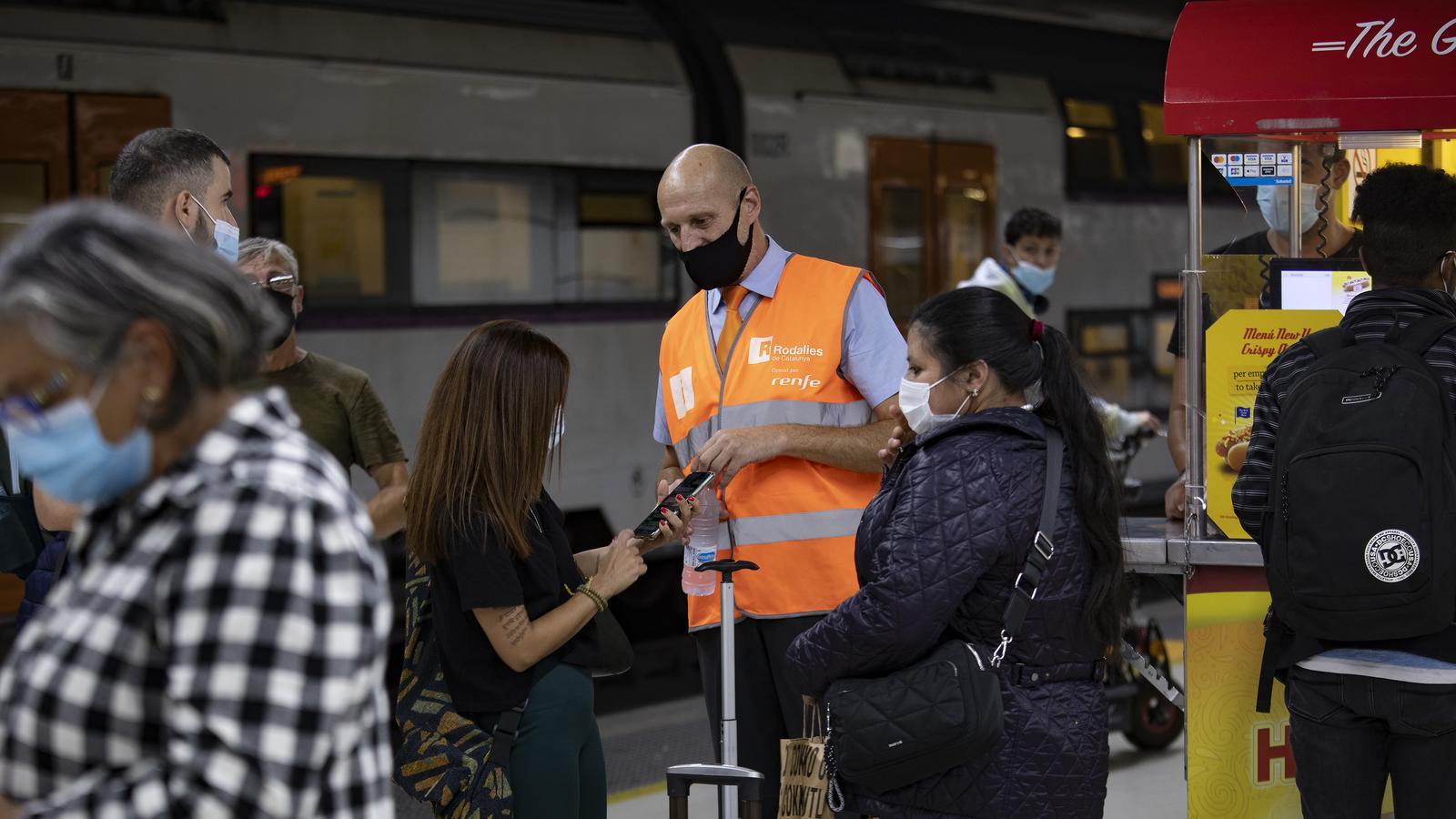Travelling on commuter trains should not be an adventure


State rail company Renfe's commuter trains have been affected by a train driver strike for two days, which will continue next week. It has had a serious effect on users because compulsory minimum services have not been met. In Catalonia, depending on Renfe commuter trains to go to work or to study every day is still an adventure. It was already so in the time of our grandparents and parents, and it still is for our children and grandchildren. There are some things that do not change. Will they ever change? The endemic lack of investment Renfe has suffered in Catalonia is already part of the Spanish political tradition – no matter who is in government – and of popular culture. At least as much as the state railway network's radial structure, conceived more as part of a centralist political vision than as a service or business, as Germà Bel has studied. So far no one has been able to change it. Investment announcements are never fulfilled. Just this week we learnt that Catalonia has been at the bottom of the list of autonomous communities in the execution of investments planned by the State during the first half of the year: only 13.3% of the planned amount has been spent, and the Ministry of Finance itself points to Adif – the state railway infrastructure company – as the culprit
There has been no shortage of voices, in recent times, to contrast the little investment in Renfe commuter trains with the investment offer in the airport. The €1.7bn which were on offer will not be spent after all. The debate on the systemic neglect of Catalan local trains has been a constant for decades. Just as the Catalan demand for the transfer of the service is a historical claim. No user is unaware of the abysmal difference between the good functioning and constant investment in the the trains run by the Catalan government (FGC) and the neglect and inefficiency of Renfe's Rodalies trains.
Precisely, what has now given rise to the train drivers' strike are rumours this collective has heard about the possibility that, finally, this transfer could take place in the context of the new negotiation framework between the State and the Generalitat. Let us hope that their fears are well founded, but we should not get our hopes up. For the moment, as always, the only tangible reality that Catalan users are noticing is the worsening of the service. Because the strike across Spain –with salary and staffing demands– has made itself felt here above all, where train drivers do not want to hear about a transfer that they believe could eliminate the possibility of requesting transfers to other areas of the state.
No one questions their right to strike, but being an essential public service, compliance with minimum services ought to be rigorously followed. And this has not been the case. The victims are always the same: impotent users and society as a whole, because of the dysfunctionality of so many people not being able to reach their destination. On the other hand, the strikers themselves, instead of being on the defensive, should seriously consider whether they would not really be better served by a transfer of the service to the Generalitat and a real commitment to investment by the State that would really improve the commuter trains once and for all. Surely they would also end up benefiting.
